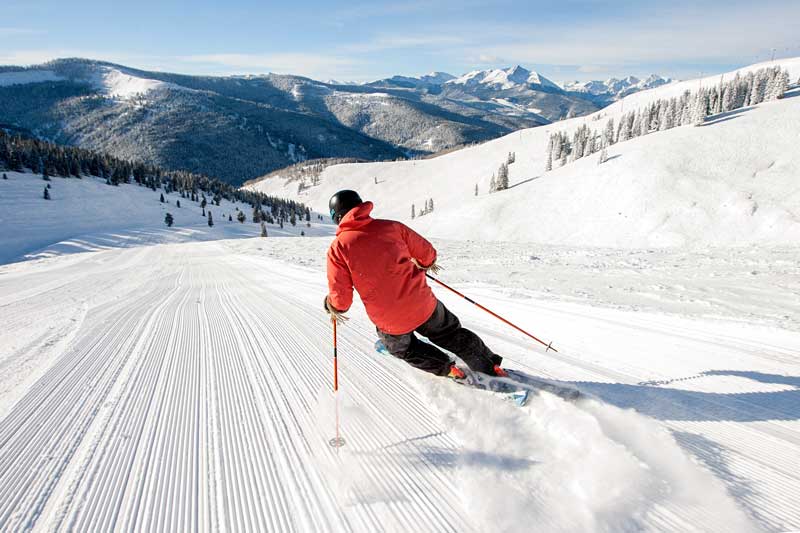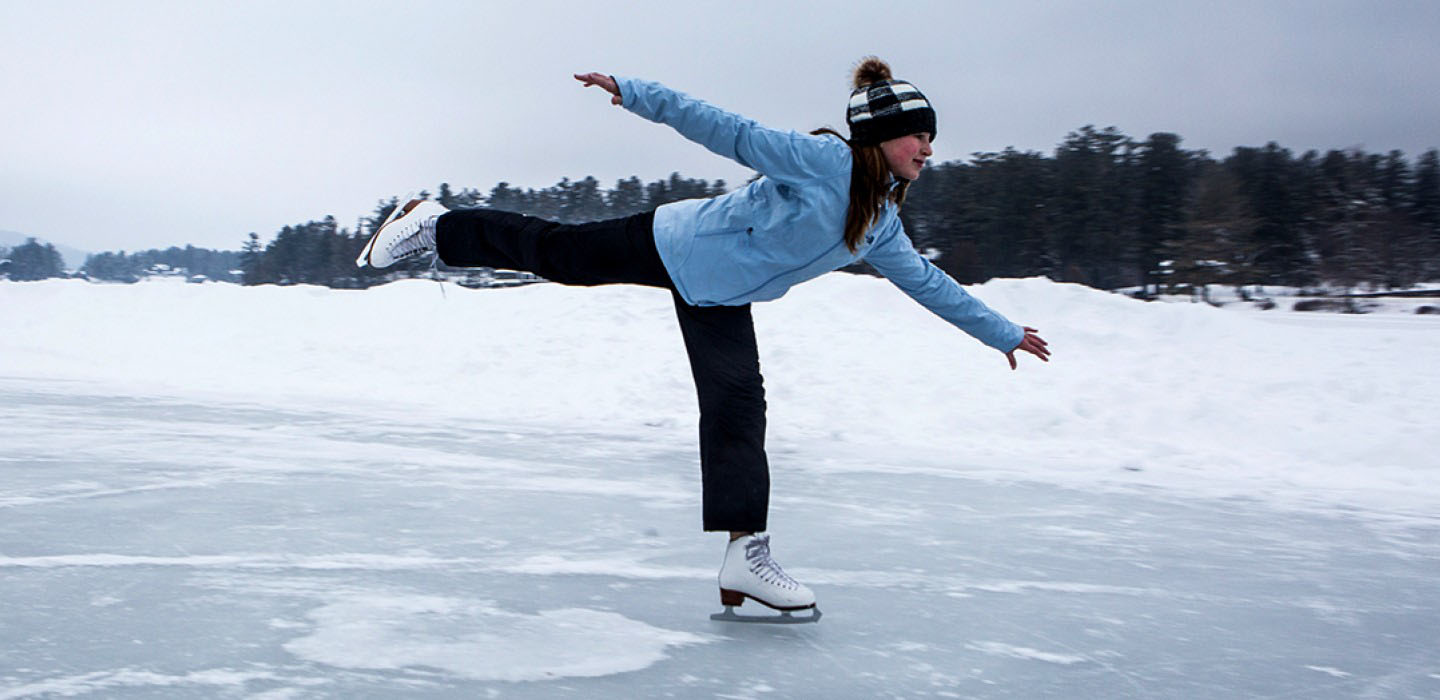
Snowboarding is a sport that many people have fun and enjoy, but it can also be expensive. It's important that you know how much it will cost to go to the slopes so you can budget accordingly.
The cost of a snowboarding trip can range from $40 to $800 for a private half day lesson, and between $20 and $400 for a group. It's important to take into account the costs of transportation, accommodation, and food.
If you are looking to save on ski or snowboard lessons, then consider these schools. These are a great way to learn the basics of skiing or snowboarding, and can be cheaper than a private or group lesson at a resort.
You can choose to take a beginner ski or snowboard course or an advanced ski or snowboarding course. Both courses include a ticket for the lift and a safety helmet.

Another option is to get a lesson from a professional instructor. Although they are expensive, these lessons can be very effective in teaching you how to navigate the slopes efficiently and safely.
Some ski and snowboarding schools offer discounted prices if you buy multiple lessons. It's a good way to save money on your ski or snowboarding trip, and it can also help you learn the basics quicker.
Although snowboarding lessons are not always inexpensive, they can pay off in the end if you're looking to improve your abilities and have fun on the slopes. You'll have to compare the prices of different resorts before you make a choice.
Vail's and Beaver Creek's lessons are some of the most costly in the United States. An adult one-day lesson costs between $45 to $75. Steamboat Springs is a great option for those looking for an affordable option. A one-day lesson costs only $25.
In ski resorts and snowboarding areas, you can take a range of lessons including semi-private, private and group. These lessons are typically aimed at novices or beginners, and can help you learn the basics of skiing or snowboarding in a short amount of time.

For example, a beginner ski or snowboarding lesson can teach you how to use the ski lifts and how to safely turn. They can also teach you how to choose the best board, bindings and boots for your skill level and style of riding.
Other lessons focus on tricks in the park, bumps or other aspects. Some instructors even specialize in learning a specific skill such as backflips or snowboarding freestyle.
You can start with a simple half-day course if you are a complete beginner. If you're a more advanced rider, however, you might need more time.
You can sign up for ski or snowboard camps, where you get more training and can test out new terrains with a bunch of other riders. These camps are usually more fun than traditional lessons.
FAQ
What should I do with my luggage?
There are many options. The most popular option is to use lockers in airports. These are typically located near the security zone. They can be purchased for between $5-10 per daily, depending upon the size of the locker.
A storage unit can be rented. They are usually located outside of large shopping malls or hotels. While prices can vary, there are some places that offer discounts for multiple units being rented together.
The third option is to rent a porter. A porter will take your luggage from the carousel and bring it to your room. You pay a small fee each time he helps you.
Where can I find cheap accommodation when traveling abroad?
Cheap accommodation options for travelers include hostels, hotels, guest houses, and bed & breakfasts.
Hostels are affordable and provide dorm-style rooms in which guests share bathrooms and living spaces.
Hotels are usually located in touristy areas and provide private rooms with en suite bathroom facilities.
Guesthouses look and feel similar to hostels except that there are often more people in each room.
Budget-conscious travelers love bed and breakfasts. Guests stay in private homes and enjoy a full breakfast included in the price of their stay.
What snacks can I take on a plane?
There are many different types of snacks available for you to choose from when flying. Consider bringing along any food that you are fond of while traveling.
You could pack, for instance, chocolates and other chocolate-related treats.
For something more savory, you might want to pack cheese or crackers.
Also, think about what type of drinks you'd like on board. You might prefer something hot or cold.
You can bring any type of snack or beverage, but make sure you pack them securely.
So you don't have to worry that they might get damaged on the road.
What should you do first when you arrive at your destination?
You should always have an itinerary for when you arrive at a place. It helps you know what to expect and where to go next.
Planning ahead is essential to avoid being late for any important events.
If you plan to spend more than one day in a given city, it is important to research the museums, parks and landmarks that you would like to see.
A map of the area may be useful and you might want to read up on the history.
Statistics
- Alcoholic beverages with more than 24% but not more than 70% alcohol are limited in checked bags to 5 liters (1.3 gallons) per passenger and must be in unopened retail packaging. (tsa.gov)
- That's an 18% jump from 2019, the previous record year. (travelandleisure.com)
- Case in point: the private island of Ilha Caldeira, less than seven miles off the coast as part of the Primeiras and Segundas Archipelago, is located within the marine-protected area with 20 percent of the country's intact living coral. (travelandleisure.com)
- According to Maori legends, this park holds 14 fjords that were all carved by a giant stonemason with an adze. (busytourist.com)
- You can use compression sacs or cubes to reduce the volume of your clothes by up to 80%—this is especially convenient for bulky items such as sweaters and jackets. (eaglecreek.com)
External Links
How To
What are your top travel tips?
While traveling is an exciting experience there are many traps that you must avoid in order to enjoy a safe and enjoyable trip.
These are some tips to help plan your next vacation.
-
Make sure to book early. The prices will be lower if you book early. Avoid last-minute offers by airlines and hotels to save money.
-
Stay-at-budget accommodations. The best value for money is found in the cheapest hotels. They are typically located near shopping centers and public transportation.
-
Don't overpack. Pack light. Make sure you have enough space for souvenirs and other gifts. Make sure you bring clothes that fit well and don’t wrinkle easily.
-
Use common sense. Do not walk alone if you're travelling solo. Avoid dark neighborhoods or areas that are prone to crime.
-
You can take precautions to prevent theft. Keep valuables locked away from sight. When you swim, don't leave valuables unattended.
-
Take extra care when handling cash. Thieves often target tourists in foreign cities. Avoid exposing your cash and only use ATMs in banks or other secured facilities.
-
Be familiar with your surroundings. Before booking a hotel, ensure you know how to get around using public transport. Get information on tourist attractions, restaurants and other sights.
-
Make sure you are safe. Learn about the culture, customs, laws and traditions of the area before you arrive.
-
Have fun! Enjoy the ride, no matter what. It's worth it.